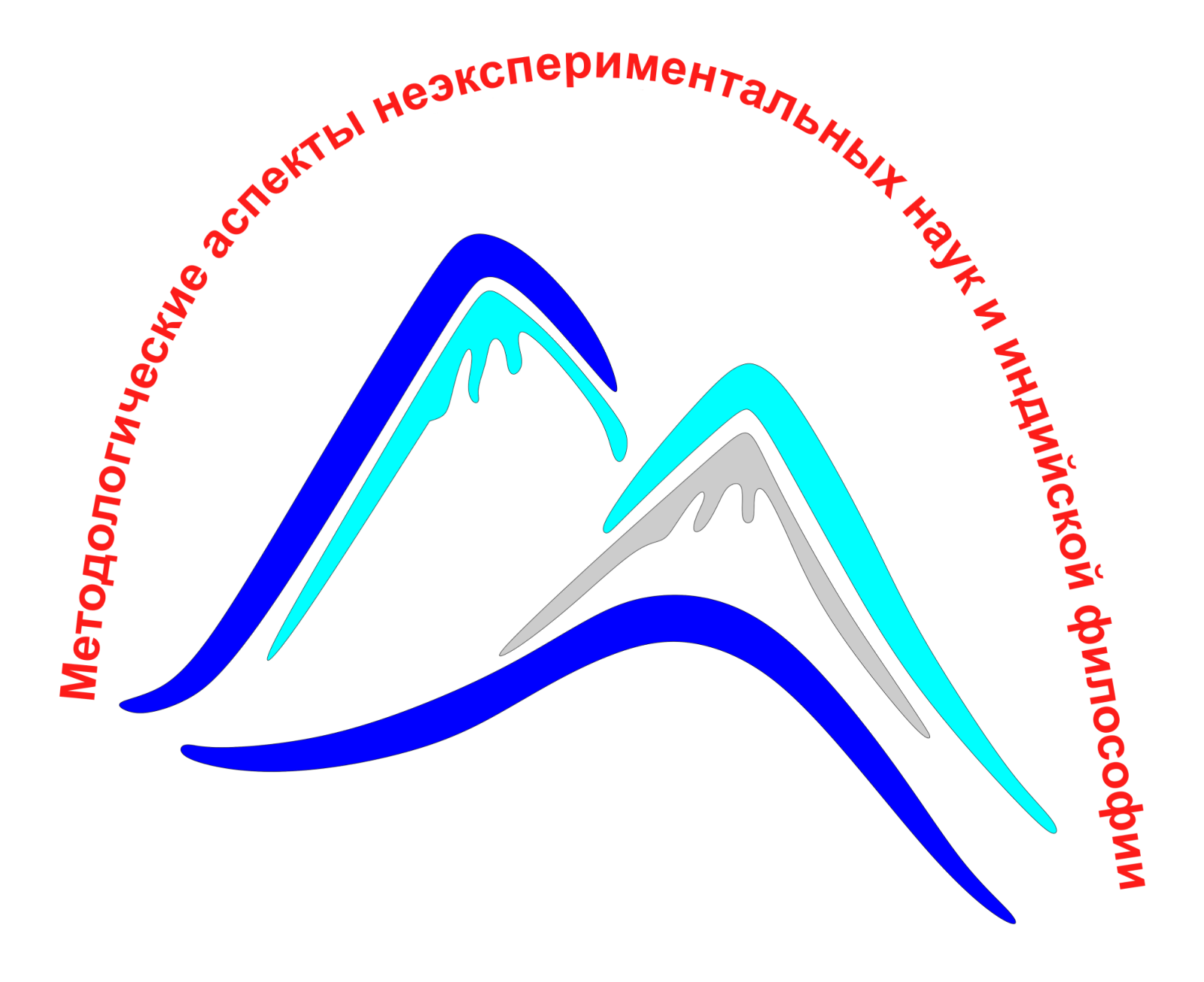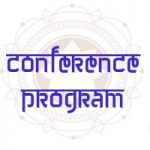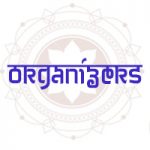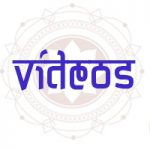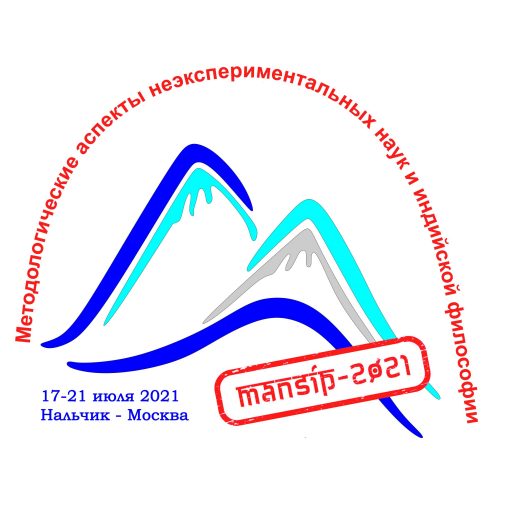
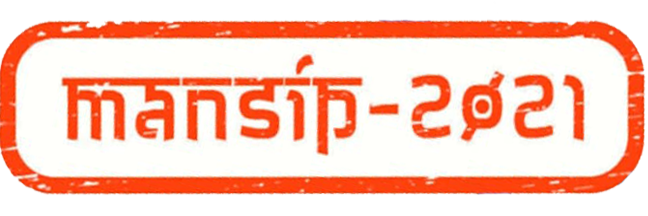
On July 17-21, 2021, a conference with international participation «Methodological aspects of non-experimental Sciences and Indian Philosophy» was held by the scientific laboratory of the Purushottama Research Center for the Study of Philosophy and Culture of India (RUDN University, Moscow, Russia). The conference venue was provided by the co-organizer of the conference Institute of Applied Mathematics and Automation of the Kabardino-Balkar Scientific Center of the Russian Academy of Sciences (Nalchik, Russia). Format of the event: face-to-face and video communication.
The conference was held within the framework of the Agreement between the Ministry of Education and Science of the Russian Federation and the RUDN University No. 075-15-201-603 on the topic: «Development of methodology and intellectual base of a new generation for the study of Indian philosophy in its relation to other leading philosophical traditions of Eurasia.»
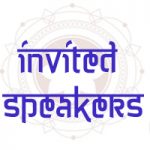 What is the mutual difference between the elements of many scientific disciplines, as well as philosophical directions (in the absence of even a unity of views on the subject, is philosophy a kind of science or a family of sciences and is it desirable for it to be or become a science)? There is still a naturalistic, that is, archaic, point of view that this difference is entirely due to the difference of objects.
What is the mutual difference between the elements of many scientific disciplines, as well as philosophical directions (in the absence of even a unity of views on the subject, is philosophy a kind of science or a family of sciences and is it desirable for it to be or become a science)? There is still a naturalistic, that is, archaic, point of view that this difference is entirely due to the difference of objects.
Another perspective position is methodological, according to which the role of the method of activity (method) of scientists in the course of obtaining new knowledge is decisive. As a rule, the methods of a particular discipline are largely formed spontaneously-historically, scientists are rarely interested in the reflection of methods (that is, methodology itself), as well as methodological achievements in other, even related sciences. The conference is intended to contribute to overcoming spontaneity and is devoted specifically to methodological approaches in philosophy and such sciences and humanities in which experiment either does not take place at all or is marginal, that is, dealing primarily with texts and producing texts in natural and symbolic languages: these are textual studies, the history of philosophy, philology, primarily in Oriental studies, a number of areas of linguistics, translation studies, as well as mathematics and logic. Among the specific methods that have already been proposed for discussion are Oberhammer’s religious hermeneutics, Sorina’s method of content analysis of texts, situational hermeneutics of Pshu, a civilizational-typological approach of two types (Smirnov and Paribok) to the study of rationality (Smirnov on the material of Arab and Western cultures; Paribok on the material of South Asian and Far Eastern civilizations), etc. If we accept the well-known pair «explanation and understanding», then the subject definitely tends to the primacy of understanding, and explanation is its consequence.
1. Specific modern methods of the humanities and natural sciences
2. History of methods, their struggle and continuity
3. The results of the application of different methods to specific object areas and a complex methodology for the study of highly developed non-European cultures
4. G. Oberhammer’s transcendental hermeneutics in the history of European and Indian philosophy
5. The results of the application of different methods to specific object areas and a complex methodology for the study of highly developed non-European cultures.
The organizers of the conference see a special significance in the discussion of the issue of the active use of digital tools and programs in the research of the Indian intellectual tradition in the near future, the study of the philosophical textual tradition of Ancient and Medieval India using digital technologies, mathematical statistics, contextual analysis methods and traditional approaches of the humanities. As the main methods of analyzing philosophical texts of India, we consider the method of mathematical statistics and the method of contextual analysis.
